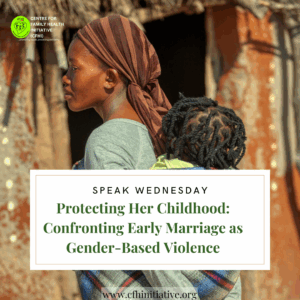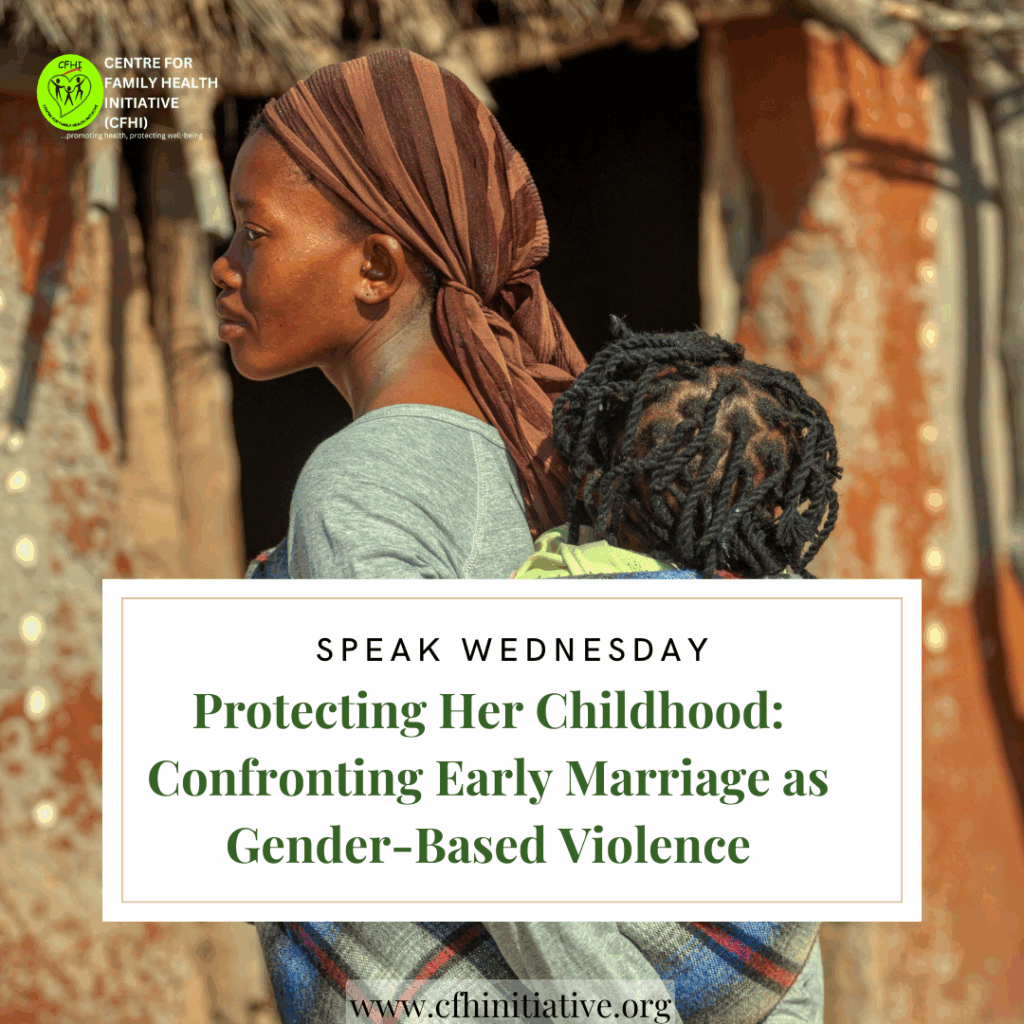In many communities across Nigeria, a girl’s childhood can end not with graduation or celebration, but with a wedding. Sometimes at 15, sometimes even younger. She doesn’t throw a bouquet; she throws away her dreams. The practice is often justified by culture, tradition, or economic necessity, but beneath these explanations lies a truth that must be acknowledged: early marriage is a form of gender-based violence.
Nigeria ranks third globally in the number of child brides. Over 22 million girls in the country were married before the age of 18, according to UNICEF. In some states in the North-East and North-West, the prevalence is even higher, driven by poverty, insecurity, and deeply entrenched gender inequality. These are not just statistics; they are lives interrupted, girlhoods lost, and futures compromised.
Early marriage is violence because it robs girls of choice, education, health, and safety. Once married, a girl is often forced to drop out of school, denying her the opportunity to learn, grow, and earn. She faces increased risks of sexual violence, early pregnancy complications, and lifelong poverty. These are not isolated consequences; they are systemic outcomes rooted in a society that undervalues girls and normalizes their silence.
In many cases, families see early marriage as a survival strategy. When there is no food on the table and no access to social protection, marrying off a daughter can feel like the only option. Cultural and religious pressures further normalize the practice, and in the absence of strong law enforcement, the rights of girls are often overlooked. Nigeria’s Child Rights Act, passed in 2003, sets the legal age of marriage at 18, but enforcement remains uneven. As of 2024, several states have yet to domesticate the Act, leaving millions of girls unprotected.
Ending early marriage requires more than laws on paper; it demands a shift in narrative and a real investment in girls. We must name early marriage for what it is: a violation of human rights and a gender-based harm. Protecting Nigerian girls means enforcing laws, holding perpetrators accountable, and ensuring every girl has access to safe, quality education and health care. It also means addressing the root causes—poverty, gender inequality, and lack of opportunity that make early marriage appear acceptable or inevitable.
Equally important is the need to amplify the voices of girls themselves. Their insights, hopes, and fears must shape the policies and programs meant to protect them. Girls in Nigeria are not voiceless; they are often unheard. When we listen, we begin to understand not just what is being taken from them, but what is possible when we choose to protect them.
To protect the future of Nigerian girls, we must stop framing early marriage as an issue of culture or custom. It is a crisis of rights, equity, and justice. We must act with urgency, empathy, and resolve.
Because she’s not a bride. She’s a child.
Speak Wednesday is an initiative of CFHI to address issues around gender-based violence and gender bias.
#SpeakWednesday#EndChildMarriage#SheIsNotABride#NigerianGirlsDeserveBetter#ChildNotBride#GenderJusticeNow#ProtectTheGirlChild#GirlsNotWives#StopGBV




